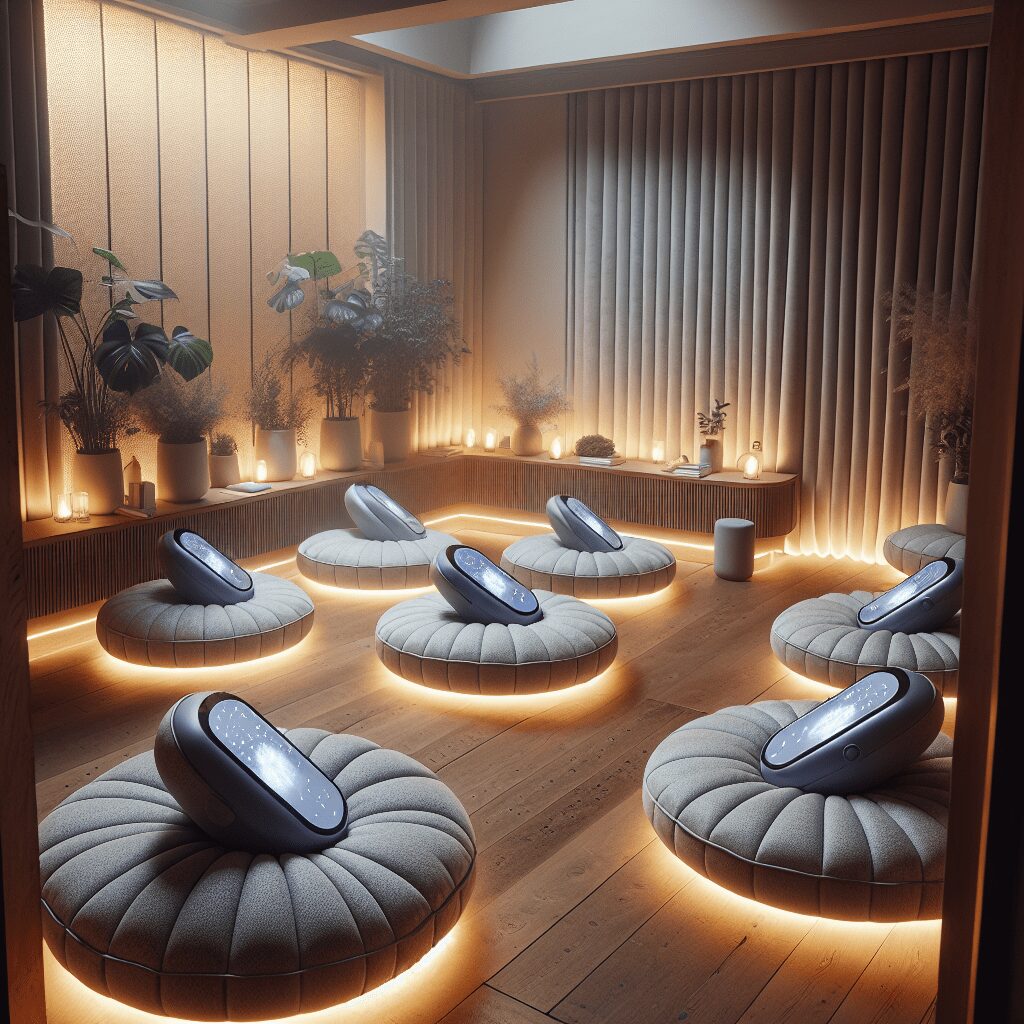
Prioritize your mental well-being daily. Enhance your life by nurturing your mental health with the Smart Meditation app. Break free from stress, alleviate anxiety, and enhance your sleep quality starting today.
Can Obstructive Sleep Apnea Cause Vision Problems?
Unveiling the Connection: Can Sleep Apnea Affect Your Eyesight?
When it comes to obstructive sleep apnea (OSA), most folks would naturally link it to its hallmark symptoms: snoring that could wake the dead, daytime drowsiness that no amount of coffee can combat, and sudden awakenings with a gasp or a choke. But, who would’ve thought that this nightly nuisance could have the audacity to mess with our peepers, too? Let’s dive into the eye-opening (pardon the pun) relationship between sleep apnea and vision problems.
The Eyes Have It: OSA and Its Impact on Vision
At first glance, you might wonder, “How in the world could my sleep—or lack thereof—affect my eyesight?” Well, prepare to be enlightened.
-
Floppy Eyelid Syndrome (FES): Think of this as your eyelids deciding to go a bit too casual. They become overly lax, making them more prone to flipping inside out while you sleep. This could lead to irritation, redness, and a sensation akin to having sand in your eyes.
-
Glaucoma: This is the sneak thief of sight, folks. It’s known for cranking up the pressure inside your eyeball (intraocular pressure), which can lead to vision loss. Studies suggest a link between OSA and an elevated risk of developing glaucoma, making regular eye check-ups no laughing matter.
-
Papilledema: Here, we have the optic nerve head getting all swollen due to increased intracranial pressure. It’s like a traffic jam in your head that puts pressure on the optic nerve, potentially leading to vision issues.
-
Retinal Vein Occlusion: Imagine the veins responsible for draining blood from your retina suddenly saying, “Nope, we’re out.” This blockage can lead to serious vision problems and, in some cases, blindness.
So, you might be pondering, “What’s a body to do?” Let’s explore how you can shield those windows to the soul from the potential onslaught of OSA.
Guarding Your Gaze: Preventing OSA-Induced Vision Problems
Fear not, for not all is doom and gloom. There are ways to tackle OSA head-on and potentially protect your eyesight in the process.
-
Hit the Hay the Right Way: Sometimes, it’s as simple as tweaking your sleep position. Sleeping on your side rather than your back could lower the risk of airway obstruction.
-
Shed Those Extra Pounds: Easier said than done, but shedding excess weight can work wonders for alleviating OSA symptoms. Less pressure around the neck means a happier airway.
-
CPAP to the Rescue: Continuous Positive Airway Pressure (CPAP) machines aren’t exactly sexy, but they’re marvels when it comes to keeping your airways open while you catch those Zs.
-
Regular Check-Ups: Keeping tabs on both your sleep and eye health is crucial. Regular visits to both your sleep specialist and eye doctor can catch any problems before they escalate.
In the grand tapestry of health, everything’s connected in one way or another. While the idea that sleep apnea could lead to vision problems might seem a bit left-field, understanding this connection is the first step in safeguarding your health from head to toe—or, in this case, from breath to sight. So, the next time you’re pondering the importance of addressing your snoring, remember—it’s not just about getting a good night’s sleep; it’s about keeping those peepers in prime condition, too.





